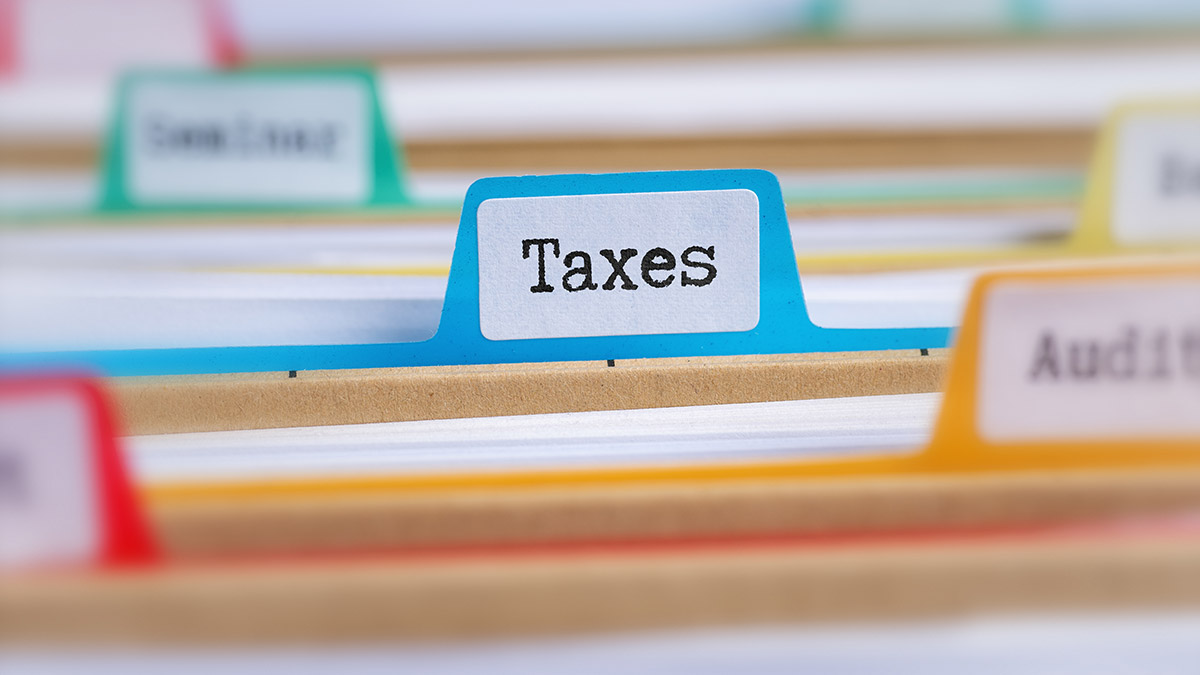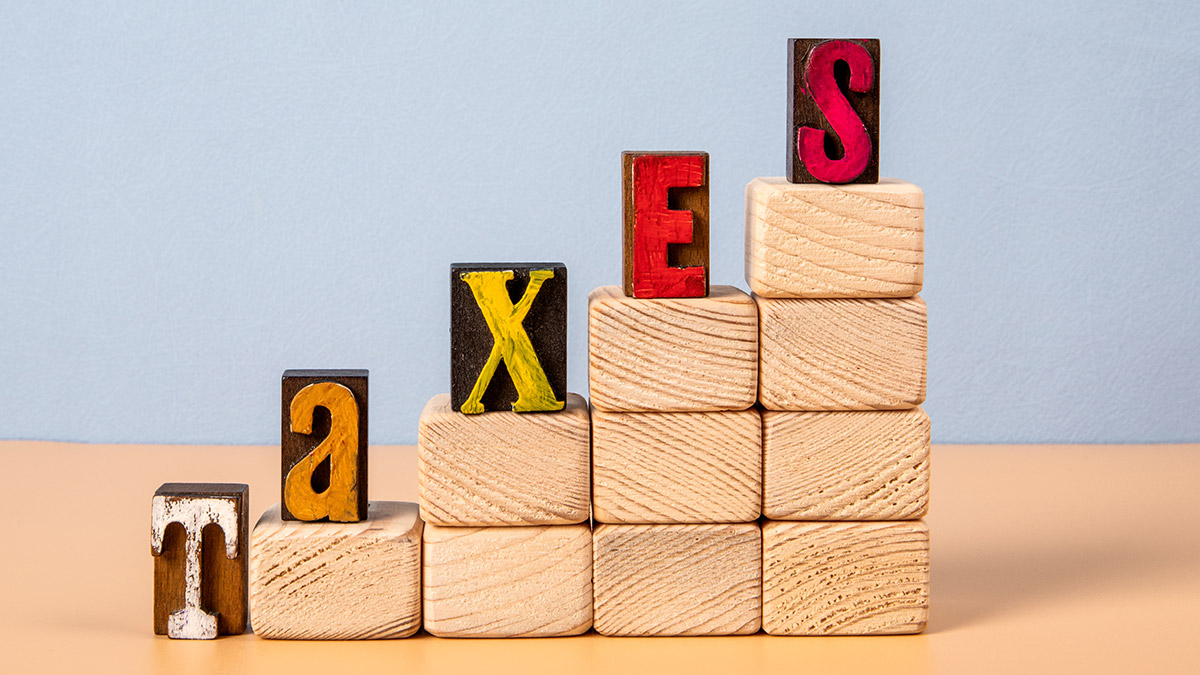Annual Tax Quiz – Is It Taxable?

The IRS seems to always have a surprise up its sleeve for the unsuspecting taxpayer. Here’s a fun True or False quiz to test your knowledge of what’s taxable. Enjoy!
- If a thief steals someone’s property, he owes tax on the value of the stolen property.
- True. But don’t expect the person whose property was stolen to issue a Form 1099. Tax instructions tell you to list this as stolen property on your tax

Tax concept – figurine thinking, standing on calculator near tax buttons.
return. This part of the tax code is what famously put gangster Al Capone behind bars.
- Scholarships are never taxable.
- False. If you get scholarship money to cover tuition, fees and books, you pay no taxes. But if your scholarship also covers room and board, travel and other expenses, that portion of the award is taxable. Students who get financial aid in exchange for work must also pay tax on that money even if they use it to pay tuition.
- Minor gambling winnings are not taxable.
- False. When lady luck smiles on you, the tax collector typically doesn’t. While virtually all gambling winnings are deemed taxable income, not all winnings are reported to the IRS. The IRS requires reporting of winnings at various thresholds depending on the game: $1,200 or more from bingo or slot machines, or more than $5,000, minus the wager, from a poker tournament. If reported, the payer will issue you a Form W-2G and report what you won to the IRS. The practical nature of keeping track of and claiming this minor income is a different matter entirely.
- If you lose your job and start collecting unemployment benefits, the IRS will cut you a tax break.
- False. The IRS considers unemployment income to be a replacement for your regular income, and is therefore taxable. (During the pandemic, the IRS was legislated to make this unemployment tax-free, but this was only for a limited time.) The good news is that not all states do the same.
- If someone forgives an amount of money that you owe them, you typically have to pay taxes on that amount.
- True. Debt cancelled or otherwise discharged for less than what you owe – credit cards, mortgages, loans and so on – is generally taxable income per the IRS. Exceptions can include student loans, debts discharged in bankruptcy, or amounts in specific mortgage foreclosures as defined in a special tax law. The creditor may send you a federal Form 1099-C in the amount of the cancelled debt, which means the money also gets reported to IRS.
- An agreement between two small businesses to get free hair cuts in exchange for mowing a lawn is not taxable.
- False. When you exchange services in lieu of cash in a formal arrangement, the fair market value of the goods and services are fully taxable. You should get an IRS Form 1099-B or the like showing the value of cash, property, services, credits or other items that you received from the barter. On the positive side, any expenses you incurred to hold up your end of a deal are typically deductible as a business expense.
Thanks for taking our tax quiz! We hope it helped relieve a little stress amidst the looming deadline.




